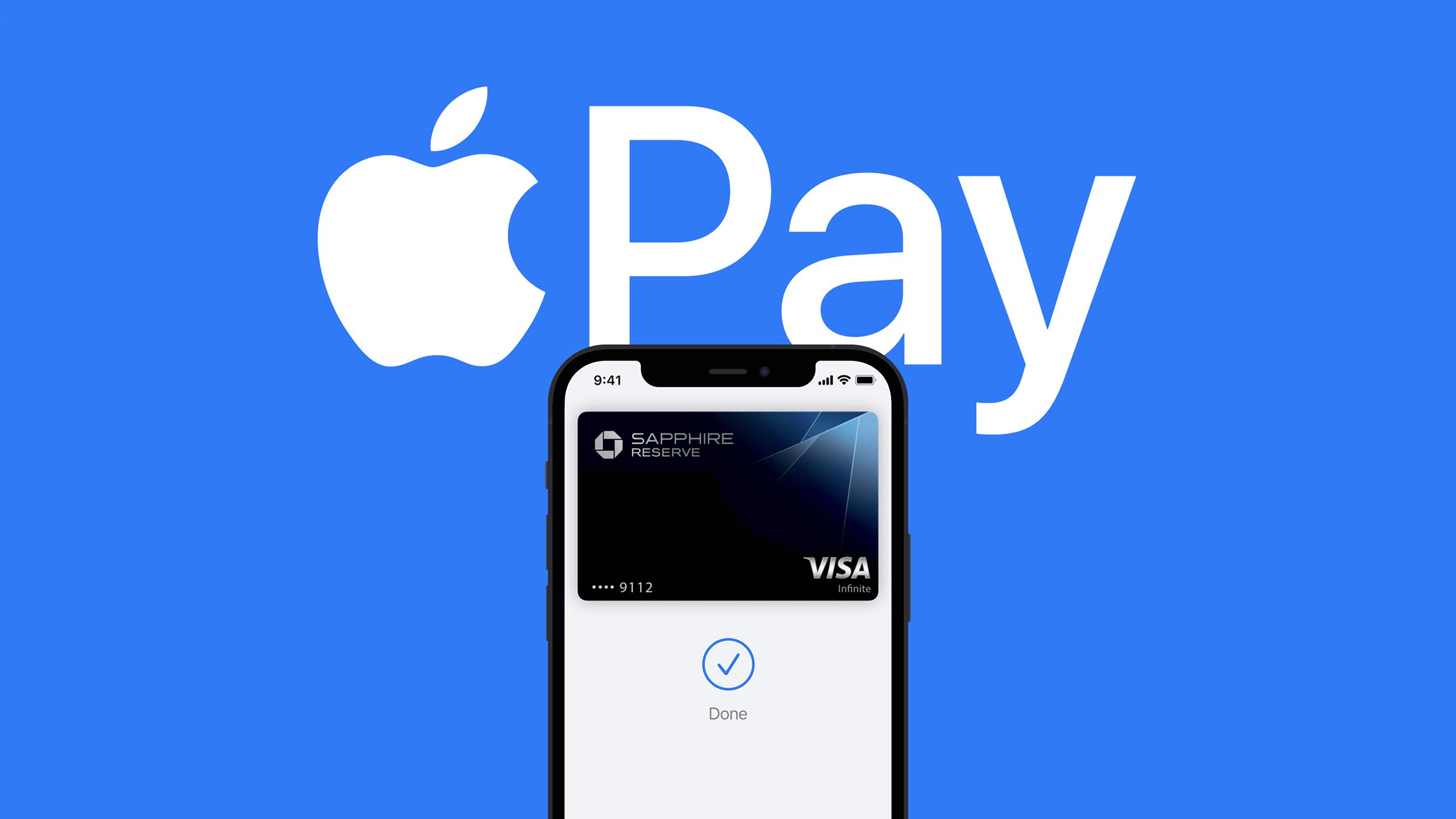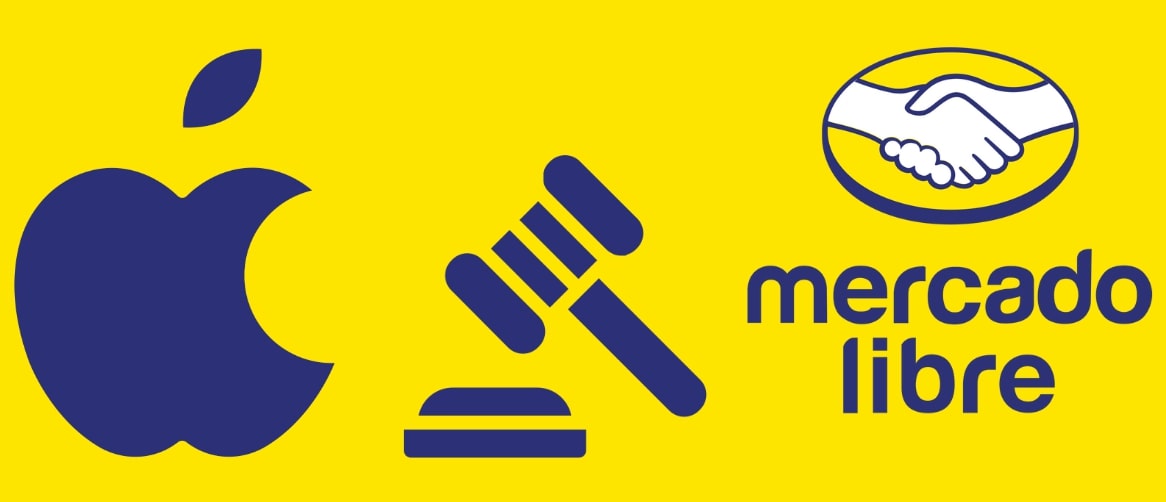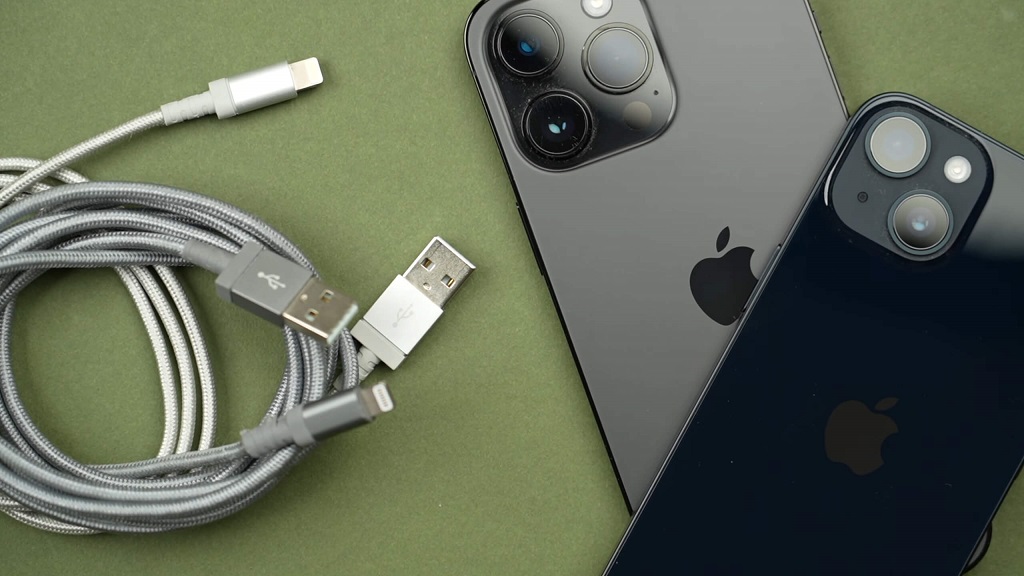
Apple has been directed by Brazil’s antitrust authority Cade to remove restrictions on how payments for in-app purchases are processed.
The decision comes after MercadoLibre filed a formal complaint accusing Apple of unfair business practices that restrict competition and limit consumer choices.
The Case Against Apple

MercadoLibre filed a complaint in 2022, outlining its concerns about Apple controlling payment methods for apps available through its App Store. The e-commerce platform claimed that Apple requires developers to rely on its payment system while preventing them from offering other options.
The complaint also stated that developers are not allowed to redirect users to external websites to complete transactions.
Brazilian antitrust body on Monday said that #Apple must lift restrictions on payment methods for in-app purchases, among other things, as the watchdog moved to proceed with an investigation into a complaint filed by MercadoLibrehttps://t.co/FMnV5aiHLC
— CNBC-TV18 (@CNBCTV18Live) November 26, 2024
Cade examined these claims and determined that Apple’s policies create barriers to competition. The regulator stressed the importance of giving consumers the ability to choose their preferred payment methods and ensuring developers have the freedom to offer alternatives.
Cade’s Ruling

Cade’s decision requires Apple to:
- Allow app developers to include external links for users to purchase digital goods or services outside the app.
- Permit developers to offer alternative payment systems within the app itself.
Apple must implement these changes within 20 days. If the company fails to comply, it will face a daily fine of 250,000 reais, equal to approximately $43,000.
Apple has only 20 days to open up in-app purchases, or it could face $43k in fines per day if it fails to comply with the Brazil antitrust regulator’s ruling.#Apple #AppStore
— AppleInsider (@appleinsider) November 26, 2024
What This Means for Developers and Users?
For app developers, the decision represents a significant shift. By allowing alternatives to Apple’s payment system, developers could save on fees that Apple currently charges. Consumers may also benefit, as more payment options could lead to lower costs and increased flexibility.
This ruling could also encourage smaller developers who have been deterred by Apple’s fees or restrictions. With new payment systems available, the app market in Brazil could see more competition and innovation.
Apple’s Response and What Happens Next

Apple has not issued any public statements on Cade’s decision. MercadoLibre, which initiated the case, has also remained silent so far. With the deadline for compliance approaching, the focus will shift to Apple’s next steps and how it chooses to adjust its policies in Brazil.
This is not the first time Brazil has confronted Apple over its business practices. A few years ago, the country enforced a rule requiring Apple to include chargers with all iPhones sold in the Brazilian market. Regulators argued that selling phones without chargers was harmful to consumers and violated local consumer protection laws. Despite Apple’s claims that removing chargers was an environmental decision, Brazil viewed the move as a way to cut costs while forcing customers to make additional purchases. The legal clash resulted in hefty fines for Apple.
Why This Matters Globally?
The case highlights a growing trend of regulators challenging the power of major tech companies. Brazil joins a list of countries and regions, including the European Union, that are addressing similar concerns about restrictive payment practices in app stores.
While the immediate impact of Cade’s decision is confined to Brazil, it could set an example for other markets. Apple and other tech giants may need to reevaluate their policies as more countries push for greater competition in digital ecosystems.
Cade’s ruling signals a strong stance against restrictive practices in digital marketplaces. For developers and consumers in Brazil, this decision could mean lower costs and more options.
For Apple, it represents another challenge in an increasingly regulated global market.
The coming weeks will reveal whether Apple complies fully or faces penalties, and the outcome may shape the future of app store policies worldwide.
Source: www.gov.br
Read Next – Bahia Emerald Set to Return to Brazil After Legal Battle in the U.S.
















